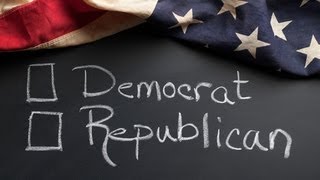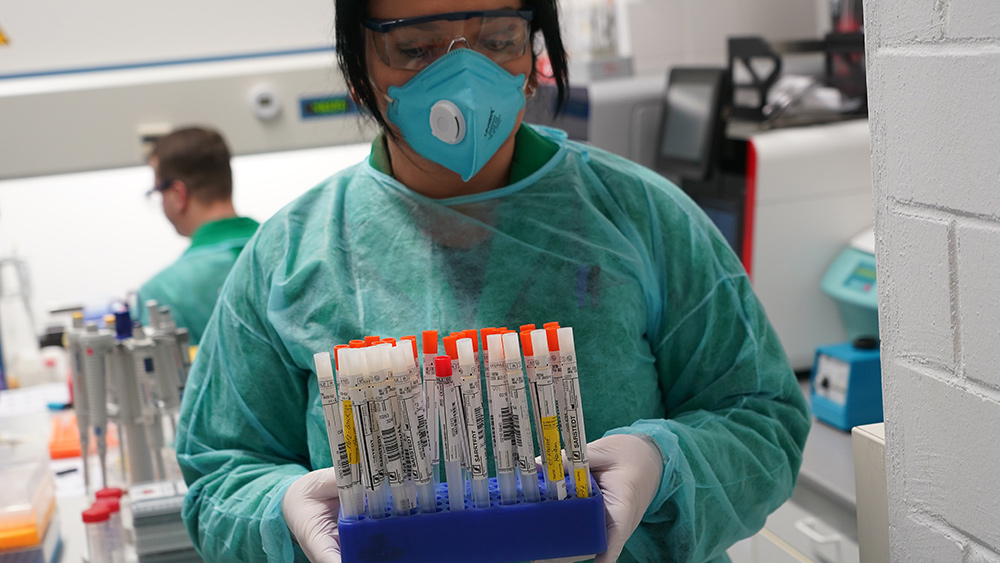
Republicans are far more likely than Democrats to say the coronavirus (COVID-19) pandemic is over, according to results from a recent Gallup web panel survey.
Findings from Gallup's June 14-20 survey show that 57 percent of Republicans say the pandemic is over compared to 35 percent of independents and 4 percent of Democrats. In general, 29 percent of those who took the survey believe that the pandemic is completely over.
Differences in age, gender and region of the country also contributed to the results. Men were more likely than women to view the pandemic as over, while those aged 18 to 34 were less likely than those above 35 years old to say the pandemic has ended.
Those in the Northeast region of the U.S. were less likely to say the pandemic is over compared to those in the Midwest, South and West.
More Americans believe leading normal lives is better than staying at home
While most are not yet ready to declare that the pandemic is over in the U.S., 89 percent of Americans now say the coronavirus situation is improving. That's a marked improvement from 69 percent in May and a paltry 12 percent in December last year.
For the first time since the start of the pandemic, a majority of Americans said in May that the better advice for healthy people is to lead their normal lives as much as possible to avoid interruptions to work and business rather than staying home to avoid contracting or spreading COVID-19.
That majority has grown from 56 percent to 65 percent in June. According to the latest Gallup survey, only 35 percent of Americans think it is better to stay at home – roughly half of what it was in late December and early January.
Gallup largely attributed the latest sense of ease around the pandemic to the successful vaccination drive in the U.S. It said in a statement that once President Joe Biden's target of vaccinating 70 percent of American adults is realized, "Democrats and independents might join Republicans in thinking the pandemic is over." (Related: The coronavirus pandemic is over, but the VACCINE pandemic is only just beginning.)
"Now that nearly two-thirds of U.S. adults have received at least one dose of the vaccine against COVID-19 and most facets of everyday life have reopened, Americans increasingly see less disruption in their lives and feel a sense of normalcy returning," said Gallup's Megan Brenan.
"However, for the most part, they think the pandemic is still ongoing. Given the quick-changing developments across the U.S., this judgment could soon change. Yet, like many aspects of the pandemic, views on this measure are sharply polarized politically."
Americans see less disruption in everyday lives as states lift COVID-19 restrictions
With pandemic-related restrictions in most states now lifted, the amount of disruption Americans see in their everyday lives continues to decline. Fifty-three percent of adults in the country consider their lives to be "not much" or "not at all" disrupted while 47 percent say their lives are affected "a great deal" or "a fair amount."
More and more Americans are also reporting a return to some semblance of normalcy in their lives. While only 15 percent of U.S. adults say their life is "completely back to normal," 62 percent describe their life as "somewhat" but "not completely" back to normal. The remaining 23 percent say life is "not yet back to normal."
The percentage of U.S. adults who report that normalcy has not been restored in their lives has shrunk by 11 percentage points since May.
In addition to the 15 percent of American adults who say their lives are already completely back to normal, 46 percent think their lives will eventually be. However, 40 percent of those who took the survey do not expect that their lives will ever return entirely to the normal that existed before the pandemic.
Among those who expect their lives to return to normalcy, 53 percent think it will not come until sometime in 2022 or later, while 47 percent anticipate normalcy in the next few weeks or months.
Follow Pandemic.news for more news and information related to the coronavirus pandemic.
Sources include:
Please contact us for more information.





















